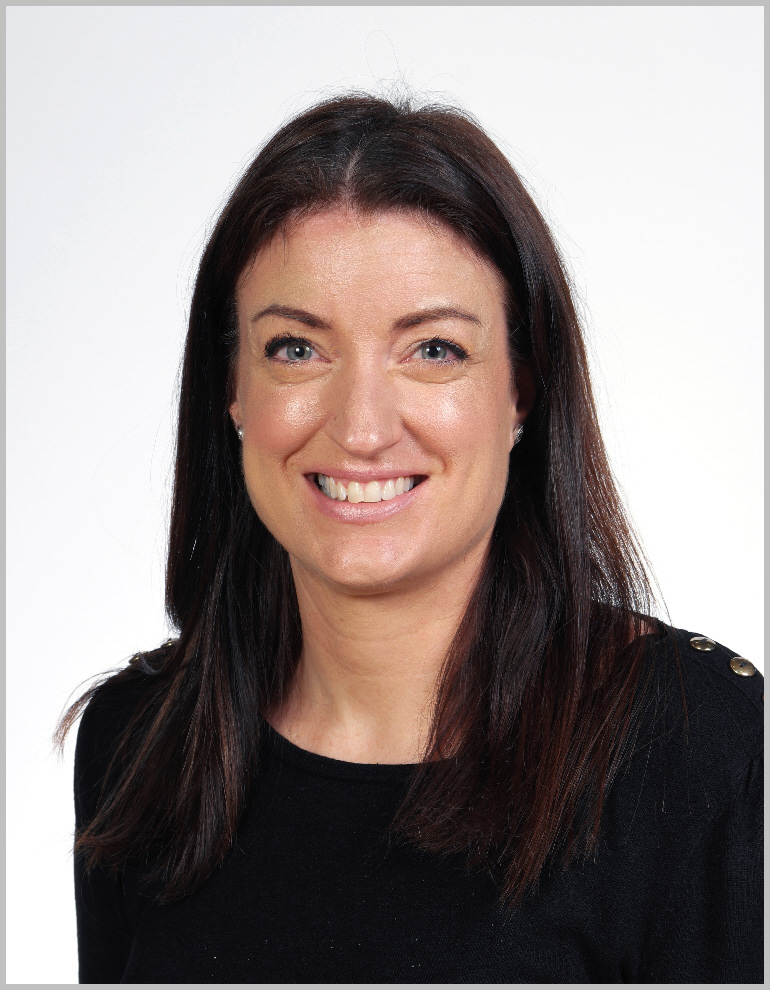Economics
Studying Economics is about gaining a greater understanding of the world we live in, how it works and how it could be changed for the better. It enables you to understand the decisions of households, firms and governments and offers a way of thinking about the world that enables us to make the best of what we have.
An A Level in Economics can be the starting point to a variety of careers – from engineering to accountancy. As a highly regarded subject it opens doors to a range of career paths including medicine, engineering, computer science or accounting.

Entry Requirements
GCSE English Grade 5+ & GCSE Maths Grade 6+
Content
The Edexcel A Level has four components:
| Component One: | Introduction to markets and market failure |
| Component Two: | The UK economy |
| Component Three: | Business behaviour and the labour market |
| Component Four: | A global perspective |
In Year One, students are introduced to Economics in Components 1 and 2 through building knowledge and understanding of core economic models and concepts.
In Year Two, students build on this and apply their knowledge to more complex concepts and models in Components 3 and 4. Students will need to apply their knowledge and understanding to both familiar and unfamiliar contexts in the assessments and demonstrate an awareness of current economic events and policies.
Assessment
100% Written Examination
| Paper 1: | Markets and business behaviour 35% |
| Paper 2: | The national and global economy 35% |
| Paper 3: | Microeconomics and macroeconomics 30% |
Am I right for the course?
If you are interested in how the world works, why some countries are rich and some poor, how supply and demand affect prices etc, this is the course for you. To succeed in economics, you will need a combination of logical reasoning skills and the ability to read material and synthesise meaning from the material. It is probably true to say that after having studied economics for A Level, you will have a different view of the world that we live in, the problems that we face and their possible solutions.
Course Highlights
| Hands-on Experience: | Students examine real economic events, such as inflation, unemployment, economic growth, and financial crises and take part in mock policymaking. |
| Personal Development: | Explore and develop how to use key theories to explain changes in the economic environment and learn how to organise, present and communicate ideas as well as how to develop the confidence to make economic judgements on economic policy prescriptions in a structured and convincing manner. |
| Enrichment: | During the course there will be regular visits from guest speakers such as various Economists, there will also be the opportunity to take part in nationwide economics competitions where you can pitch your economic ideas to an expert panel. |
Where next?
Economics students can go on to degree courses in Economics, Business Studies, Politics and many other subjects. Economics can lead to a wide range of careers in Economics and Finance-related professions, including: Accountant, Actuarial Analyst, Chartered Accountant, Data Analyst, Economist, Finance and Banking, Financial Risk Analyst, Financial Planner, Forensic Accountant, Investment Analyst, Statistician, Stockbroker.
FAQ's
- Is there a lot of Maths in Economics?
Yes you do need to be strong at interpreting and working figure out. - Is there a lot of essay writing in Economics?
Yes you do need to answer essay questions for your assessments. - Is it similar to Business Studies?
Whilst there are a few similar topics, it is delivered and taught very differently.
Economics A Level Teaching Staff

Subject Leader for Economics
c.treagus@stwilfrids.com

Economics Teacher
r.calver@stwilfrids.com

Economics Teacher
g.hack@stwilfrids.com
